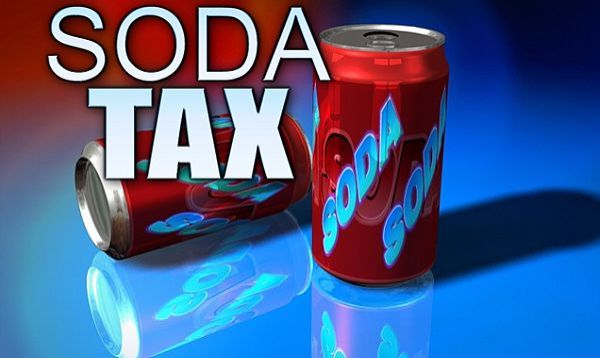Mexico City - For fans of taxing soda, Mexico is the object lesson. Last year, the country imposed a stiff new tax on sugary drinks. And according to the early data, its working: The 10 percent tax seems to have cut soda consumption by about 6 percent.
You'd think results like that would embolden Mexican lawmakers, encouraging them to stand firm or even double down on their commitment to public health through punitive taxation.
But you'd be wrong. Mexico's lower house of Congress recently approved a measure to cut the soda tax, at least for drinks with reduced sugar. The revision would reduce the tax by 50 percent for products with less than five grams of sugar per 100 milliliters.
 |
Cynics say the tax cut was engineered by the beverage manufacturers. And maybe the cynics are right. But it's also possible that Mexican lawmakers are starting to have second thoughts about the soda tax. And even if they aren't, they should be.
Fans of taxing soda including, most recently, celebrity chef Jamie Oliver promise that it will slow the obesity epidemic afflicting so many countries. But voters in the United States have been notably cool to the idea. Plans to tax soda have failed repeatedly in jurisdictions around the country. So far, only Berkeley, California has actually enacted one.
Fans of the soda tax attribute their losses to the power of Big Soda the handful of powerful beverage companies that consistently oppose the levy. And there's something to that explanation. Certainly, drink manufacturers have poured a lot of money into the fight.
But there's another reason the soda tax keeps failing: it's a bad idea. The tax is well-intentioned and maybe even effective at curbing soda consumption (although I'm dubious about its ability to combat obesity). But what's good for public health can be bad for public finance.
Original article


